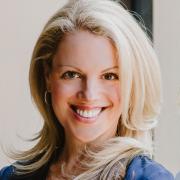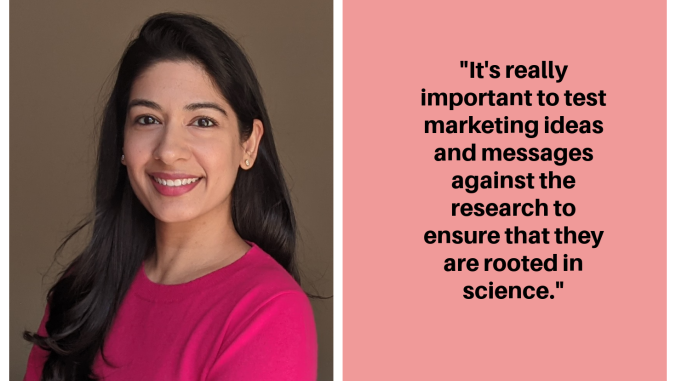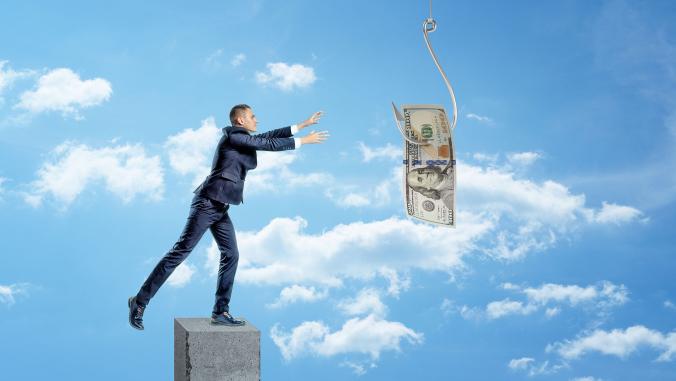Texas and the next chapter for local climate action
A series of localized events in the run-up to the United Nations COP21 climate talks highlights new approaches to personalizing global challenges.

As the world mourns the victims of the terrorist attacks that took place Friday in Paris, plans for the upcoming United Nations COP21 climate talks have shifted into crisis mode.
The disaster will not stop the event from going on as planned, but the atrocity also underscores the need for an alternative strategy for galvanizing consistent climate action.
One approach: more effectively bridging the local and the global.
As a precursor to COP, the French embassy developed the French Ameri-Can Climate Talks (FACTS) to raise awareness on global climate issues in North American cities. The talks brought public authorities at the federal, state and city levels together with academic, business and civic leaders to dialogue across sectors, compare approaches and identify ways forward.
The success of the talks highlights the value of city-level diplomacy for spurring climate commitments, with the benefits of a localized approach and on-the-ground leadership.
"FACTS are taking place all over America and Canada," said French Consul General Sujiro Seam, who presented at events in Dallas (Sept. 17), Houston (Oct. 22) and Austin (Nov. 13).
With three out of the 12 cities on the program roster in Texas, my home state has become a FACTS focal point. As a top producer of fossil fuels and renewables, Texas is a stronghold of energy production, but the state is also the nation’s top emitter of energy-related CO2 emissions.
These distinctions put Texas in a risky position when it comes to climate change. According to the Risky Business Project, unmitigated climate change could accelerate the impact of floods, heat waves, hurricanes, tornadoes and water scarcity in Texas, leading to economic losses as well as loss of lives.
Talking climate in Texas
Investors and corporations in Texas are taking notice. In Dallas, the SMU Hunt Institute for Engineering & Humanity hosted Climate Extremes with support from Earth Day Texas, Schneider Electric and Air Liquide.
The half-day program featured opening remarks by Dallas Mayor Mike Rawlings, who insisted that climate change should not be a controversial or partisan issue. Great leaders solve difficult problems "not by pontificating but looking at reality the way it is, understanding what you have to work with and figuring out how to do it," he said.
"For business, the added cost of cooling our buildings and protecting our workers from excess heat impacts the bottom line. The cost of getting raw materials through storm-ravaged areas can hold up production and cut into profit margins … and the fluctuating cost of a carbon-based transit system can impact the ability to forecast future growth."
Two panels of experts whose scholarship and work are focused on climate issues reinforced the mayor’s message that climate action is good for business.
Great leaders solve difficult problems 'not by pontificating, but looking at reality the way it is, understanding what you have to work with and figuring out how to do it.'
In keeping with the local-global connection, a unique feature of the event, Patrick Caron, CIRAD director general in charge of research and strategy, delivered the keynote while Earth Day Texas founder Trammel S. Crow gave remarks. Garrett Boone, co-founder of The Container Store and Chairman of the Board of TreeHouse, was also among the panelists. (The two business leaders have been teaming up for a greener state since launching the Texas Business for Clean Air coalition in 2006.)
"I’m very happy with how the Climate Extremes event turned out. I’m told that it was the single largest event on climate change ever organized in Dallas, with 300 participants from public figures to high school students and live-streaming," Seam said.
The Houston event at Baker Institute at Rice University explored ways that climate change responses can provide business opportunities, including speakers from ENGIE, a multinational utility, as well as from power companies EDF and Edison Electric.
Panelists agreed that climate change presents substantial opportunities, particularly in renewable energy, energy efficiency and climate-smart technologies.
"We set out to mobilize stakeholders and organize events that would enable high-quality dialogue and debate about global climate change, and we accomplished this," Seam said. "Through these conversations, we discovered that climate change can be addressed at the local level so that people can decide on a course of action for themselves."
Finding middle ground
That climate change adaptation can be business-friendly and localized is particularly important in states that resist federal mandates. Organizing a legislative briefing, Seam acknowledged that some Texan representatives and senators are "not very forthcoming on climate views."
But he did find interest from a few individuals, including Sen. Rodney Ellis and Rep. Rafael Anchia, who told the Texas Tribune that "Texas businesses actually are far ahead of state lawmakers when it comes to acknowledging the warming trend."
Seam also conveyed that there was also “a good level of responsiveness” from the Texas Renewable Energy Industry Alliance.
Fortunately, Texas has a number of pioneers in market-based solutions at its disposal. SMU Hunt Institute Director Eva Csaky, who hosted the Dallas event, spent 18 years at the World Bank forging private sector solutions for sustainable development.
"I have experienced the power of market-based solutions in many countries around the world," said Csaky. "They have the potential to result in transformational impact by solving pressing environmental and social problems simultaneously."
She added that the most successful examples all required multi-sector collaboration and social innovation.
To that end, Csaky announced the launch of the Inclusive DFW Consortium, an initiative to enable stakeholders to collectively contribute to the development of market-based solutions for climate change adaptation and inclusive economic development in Texas.
Among the collaborators in the consortium is atmospheric scientist Katharine Hayhoe, one of Time magazine’s 100 most influential people and leader of the Climate Science Center at Texas Tech.
Bringing together faculty from top universities including Texas A&M, SMU, Rice, UT Austin and St. Edwards, FACTS events have helped spur initiatives whose effects will continue to reverberate long after COP21 is over.
"Texas definitely has a competitive edge. The state is extremely strong on research in energy and water," said Seam.
I asked what the French government hoped to see come out of COP21. According to Seam, the French government expects:
- A new international agreement that would be universal, legally binding and ambitious enough to achieve the goal of maintaining global warming below 2 degrees Celsius.
- Commitments from countries to act on climate at the national level. At least 158 counties have made commitments thus far. For example, the U.S. has committed to cut greenhouse gas emissions by 26 to 28 percent (compared to 2005 levels) by 2025.
- Approval of financial and technology package. It will take a lot of money to implement these solutions, in particular in developing countries.
- Recognition that climate action is not only a matter to be addressed through national governments, but also one that non-state actors can address.
In the meantime, non-state actors can address climate change. We don’t have to wait for a global conference to do it.
The FACTS conferences have activated this process in cities across America. Now, it’s up to citizens to keep the momentum going by holding leaders at every level accountable.
"Climate change is here for the long run. We’re mobilizing people to reduce global emissions," said Seam. "Cities have a tremendous role they can play. I hope we end up with some strong commitments."





